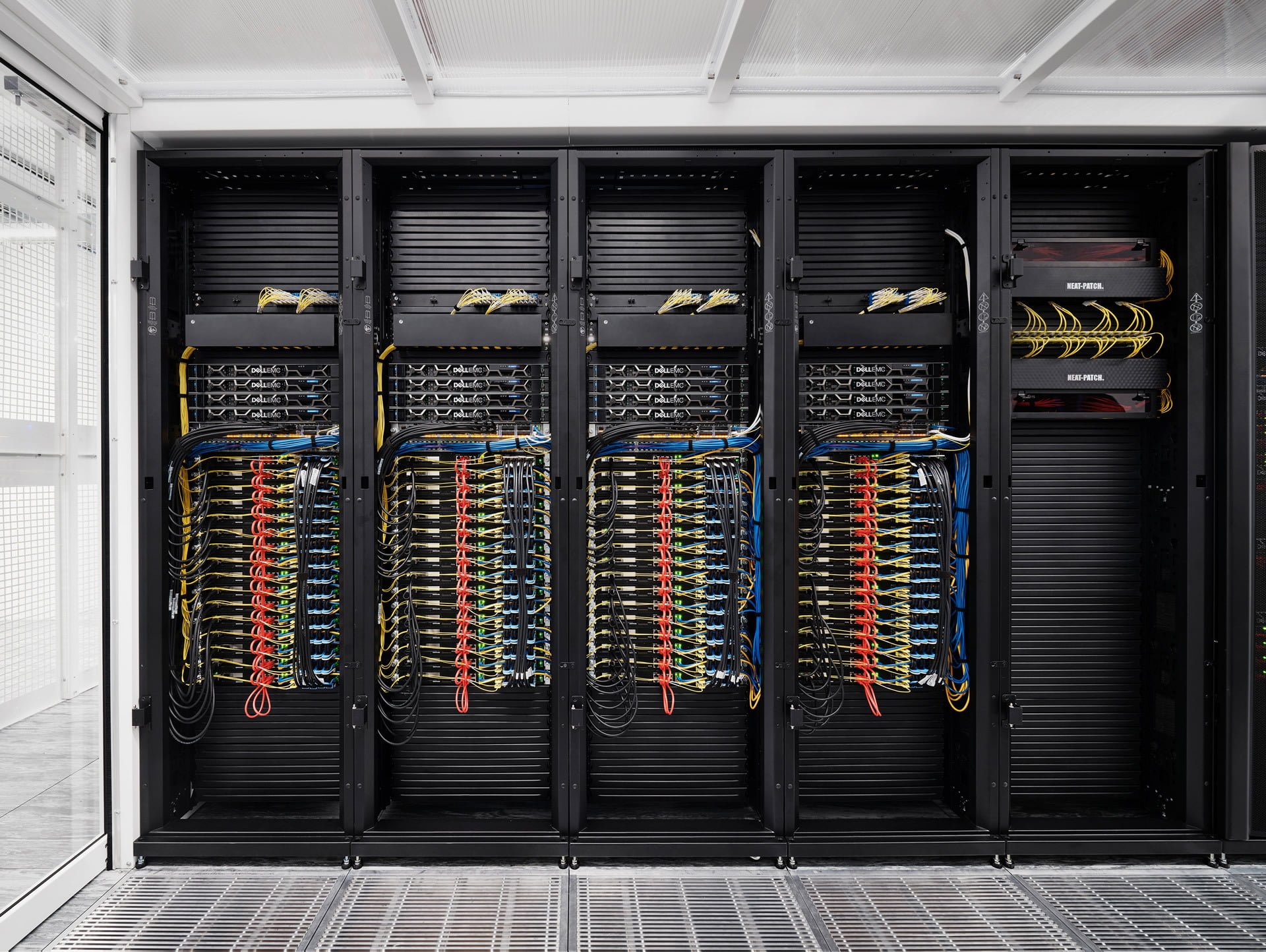Graphcore's retreat from China deals another blow to European AI ambitions

British AI chipmaker Graphcore is pulling out of China due to new US export regulations aimed at restricting China's access to high-performance semiconductor technology.
The new rules, which come into effect this month, affect all of Graphcore's leading-edge products. The decision means Graphcore will significantly reduce its operations in China, Bloomberg reports. The exact number of job losses is still unclear.
The company, which was valued at $2.8 billion in 2020, recently suffered a 46 percent drop in revenue and losses of $204.6 million.
U.S. export restrictions have hit many leading chipmakers. Nvidia also had to adapt its AI chips for China to get around the new sanctions, but is not pulling out of China.
The performance of the new China H20, L20, and L2 GPUs will be further reduced compared to Nvidia chips previously sold in China, but are said to still be competitive in the Chinese market.
Collateral damage: US export measures against China hurt European chip hopefuls
Although Graphcore is based in the UK, the export restrictions affect the company and other global manufacturers as they relate to the use of U.S. manufacturing and design tools in advanced semiconductor development.
Graphcore, known for its AI accelerators called Intelligence Processor Units (IPUs), had hoped to increase its sales in China, especially after the ban on Nvidia's high-end accelerators. However, Graphcore is confident that demand for AI chips will grow in other countries. The British company is working with German AI startup Aleph Alpha, among others.
In April, The Times reported that venture capital firm Sequoia, one of Graphcore's main investors, had already slashed the value of its stake in the start-up to zero. Other investors, including Baillie Gifford's Schiehallion Fund and Schroder British Opportunities Trust, have also slashed their valuations. Graphcore and Sequoia did not comment on the report.
In benchmarks, Graphcore's performance caught up to Nvidia's in some areas and won a few, but did not come out on top across the board. Nvidia also has the advantage of a mature machine-learning software stack that developers are already familiar with.
Manuvir Das, Nvidia's head of enterprise computing, recently described his company as 80 percent software, making the most of our hardware for AI training and inference.
AI News Without the Hype – Curated by Humans
As a THE DECODER subscriber, you get ad-free reading, our weekly AI newsletter, the exclusive "AI Radar" Frontier Report 6× per year, access to comments, and our complete archive.
Subscribe nowAI news without the hype
Curated by humans.
- Over 20 percent launch discount.
- Read without distractions – no Google ads.
- Access to comments and community discussions.
- Weekly AI newsletter.
- 6 times a year: “AI Radar” – deep dives on key AI topics.
- Up to 25 % off on KI Pro online events.
- Access to our full ten-year archive.
- Get the latest AI news from The Decoder.